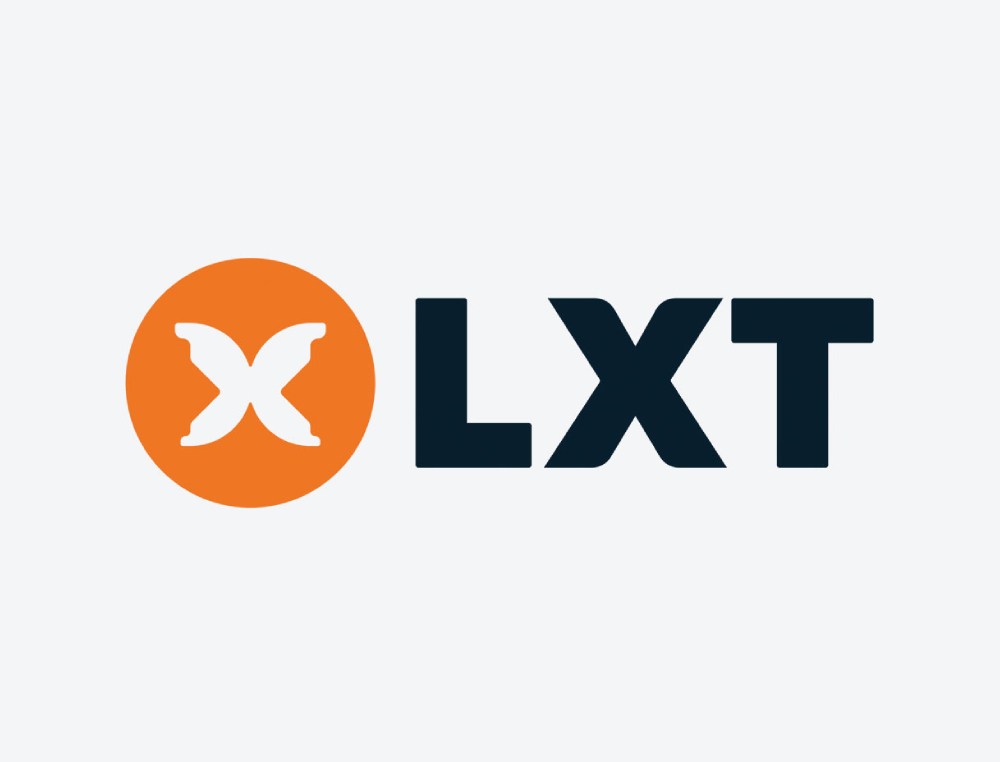With the Generative AI Summit Silicon Valley 2025 having just concluded, let’s take a look at the innovations that are reshaping enterprise AI implementation. Discussions centered on delivering value at scale, where thought leaders demonstrated how advancements in agentic AI capabilities, robust security paradigms and sophisticated data integration methods are changing how businesses conceive and deploy the next wave of generative AI applications.
Agentic AI: a new era in specialized chatbots for the enterprise
The summit highlighted a significant evolution in enterprise chatbots, moving beyond simple query response systems to fully agentic AI capabilities that can reason, plan, and act autonomously.
A standout fireside chat featuring Matan-Paul Shetrit (Director of Product at Writer) and Sandesh Patnam (Managing Partner at Premji Invest) explored “Backing the next frontier: The architecture for scaling agentic AI in the enterprise.”
The session coincided with Writer’s launch of its new Palmyra X5 model, which features a 1 million token context window specifically designed for enterprise applications. This powerful step forward enables AI systems to ingest vast amounts of domain knowledge and perform retrieval augmented generation (RAG) with unprecedented speed and scale.
Multiagent systems for complex business processes
Capital One’s Rashmi Shetty delivered the talk Insights into building an enterprise multi agentic conversational AI workflow. Their proprietary Chat Concierge system employs cooperating agents to automate customer service and internal processes. This multiagent approach coordinates specialized AI agents with distinct roles: understanding requests, planning, compliance checking, and responding to create a more reliable and trustworthy system for financial applications.
AI-first retail experiences
Walmart’s Aswini Atibudhi presented Transforming e-commerce with agentic AI: Composable commerce meets AI-first retail. The talk showed how retail platforms can leverage modular AI agents to handle complex customer journeys. By treating various retail functions (search, recommendations, and customer support) as components in an agent system, Walmart is creating seamless shopping experiences where a single AI assistant can pull inventory data, answer product questions, and handle transactions in one fluid interaction.
The summit made clear that agentic AI is maturing rapidly, with early adopters building sophisticated platforms that combine powerful LLMs, tool integration, and domain specific safeguards to power up enterprise workflows without introducing undue risk.
AI + security: a renewed focus as gen AI engages all aspects of business
As gen AI becomes more integrated into core business operations, security and governance have become paramount concerns for enterprises deploying these technologies.
A panel discussion, What it’s going to take to deploy trustworthy AI applications at scale, featured AI leaders from Amazon, Eightfold.ai, and Salesforce. Speakers highlighted the importance of model monitoring, bias evaluation, and security controls to meet compliance requirements and build user trust.
Another interesting panel, Security + enterprise AI: Challenges, outcomes, and opportunities for transformation, brought together experts from Cisco and VAST Data to examine emerging concerns such as data leakage, adversarial prompts, and the need for AI-specific security tooling. Cisco’s Nathan Opheim detailed how large enterprises are updating their security frameworks to account for AI systems that access sensitive company data.
AI in regulated industries
TIAA’s Chief Architect Geeta Pyne shared a blueprint for compliance in her talk Building in regulated industries – overcoming challenges in risk, regulation & bias. Pyne emphasized that successful AI projects in regulated environments must engage risk managers and compliance officers from the outset, not as obstacles but as collaborators in building trustworthy systems.
Across sessions, companies showcased responsible AI teams and tools aimed at security, privacy, and ethics; underscoring a collective commitment to transparent, trustworthy, and well governed gen AI.
Enterprise data: connecting your business information for gen AI success
A recurring theme across sessions was the critical importance of integrating enterprise-wide data for successful gen AI implementation.
Case studies showed how enterprises connect gen AI with existing data infrastructure. Capital One’s multiagent system taps into bank databases and APIs, while Walmart’s AI first retail initiative layers agentic experiences on top of product catalogs and inventory systems; refreshing legacy data assets for use as conversational commerce assistants.
Horizontal vs. vertical data access
Glean’s universal knowledge layer – highlighted on stage – connects to more than 100 enterprise data sources, enabling AI agents to draw from all company information when reasoning. This broad “horizontal” access stands in contrast to narrower departmental bots, ensuring more comprehensive AI responses.
The summit underscored that successful gen AI is fundamentally a data integration challenge.
Where do we see enterprise gen AI heading?
The Generative AI Summit made it clear that we are at an inflection point in enterprise AI adoption. The integration of agentic capabilities, robust security frameworks, and comprehensive data strategies is creating powerful new possibilities for business transformation.
Looking forward, we can expect:
- Sophisticated multiagent systems that handle complex business processes with autonomy
- Seamless integration between AI systems and enterprise data across organizational boundaries
- Greater emphasis on responsible AI development with appropriate guardrails and oversight
- Enhanced security and governance frameworks specifically designed for AI applications
By investing in these areas, companies can build generative AI applications that are not just technically impressive but deliver tangible business value – securely and at scale.
Learn more about LXT Generative AI solutions here.



